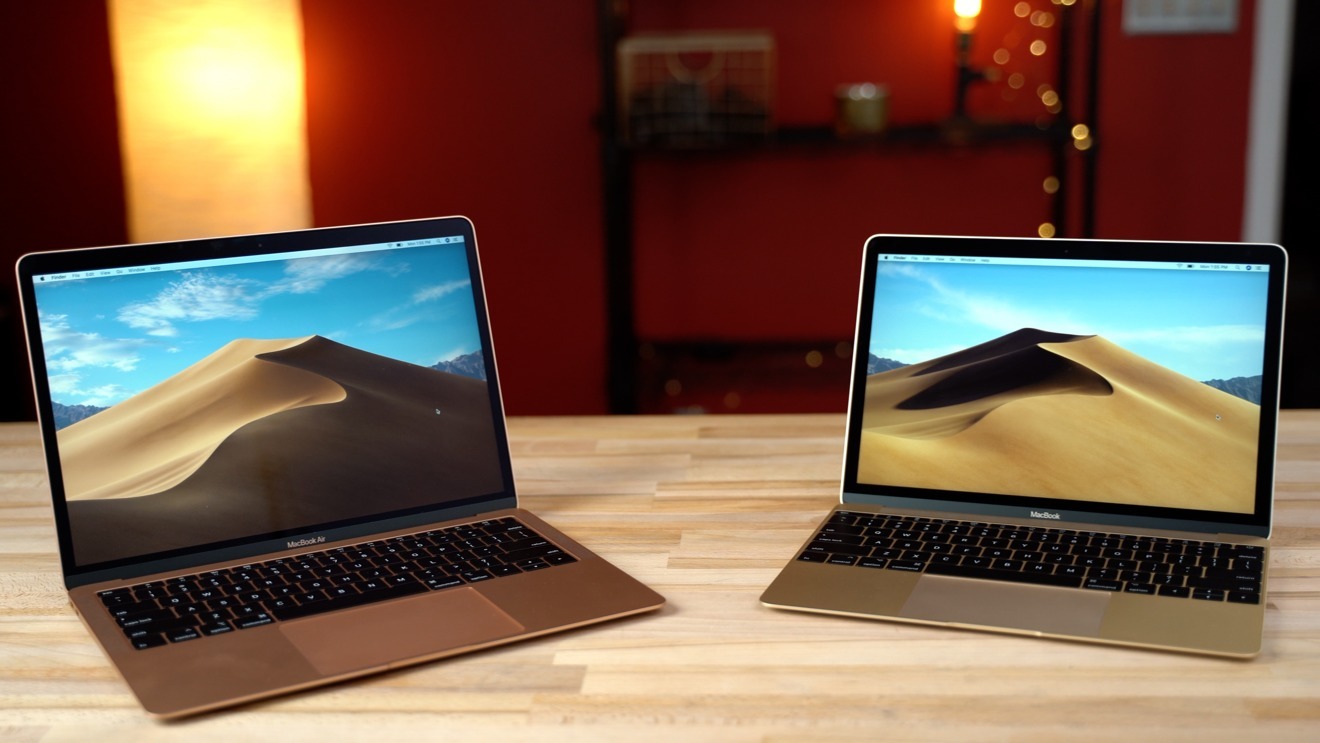IOS was previously known as iPhone OS, despite also being available on the iPod Touch (1st, 2nd, and 3rd generations) and the original iPad. IPhone OS 1 – derived from 'OS X' (At the time, 'macOS' was still known as 'Mac OS X' and not 'OS X' as it was known from 2012 to 2016.); iPhone OS 2; iPhone OS 3; iOS 4 – continued from iPhone OS 3; iOS 5; iOS 6; iOS 7; iOS 8. Find games for macOS like Friday Night Funkin', Cold Shot, Dying of Thirst, Wrong Floor, Tidetale on itch.io, the indie game hosting marketplace.
What is CocoaPods
Pod (itch) Mac Os Catalina

CocoaPods is a dependency manager for Swift and Objective-C Cocoa projects. It has over 82 thousand libraries and is used in over 3 million apps. CocoaPods can help you scale your projects elegantly.
CocoaPods is built with Ruby and is installable with the default Ruby available on macOS.We recommend you use the default ruby.
Using the default Ruby install can require you to use sudo when installinggems. Further installation instructions are in the guides.
Search for pods (above). Then list the dependencies in a text file namedPodfile in your Xcode project directory:
Tip: CocoaPods provides a pod init command to create a Podfile withsmart defaults. You should use it.
Now you can install the dependencies in your project:
Make sure to always open the Xcode workspace instead of the project file whenbuilding your project:

Now you can import your dependencies e.g.:
Sometimes CocoaPods doesn’t yet have a pod for one of your dependencies. Fortunately, creating a pod is pretty easy:
You can find a lot of information on the process in the guides. When you're done you can get an account and push your pod to the CocoaPods Trunk.
Contribute
Mac Os Versions
We’re developing CocoaPods on GitHub. There’s a guide for getting started on the CocoaPods tool. It’s easy and really gratifying to contribute patches! - for a lot of people it's their first foray into Open Source. We have some easy tickets to look at.